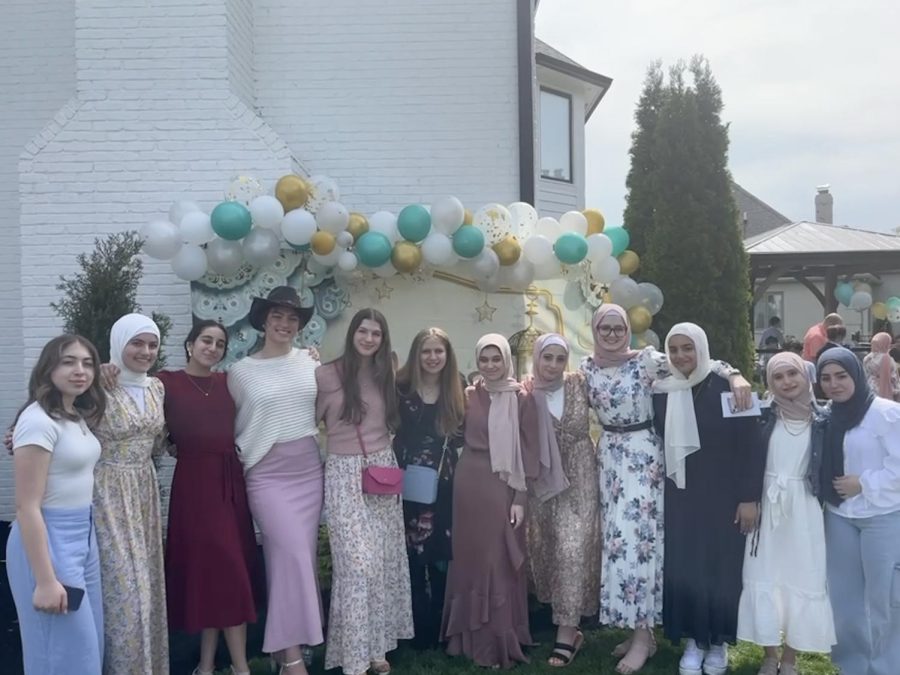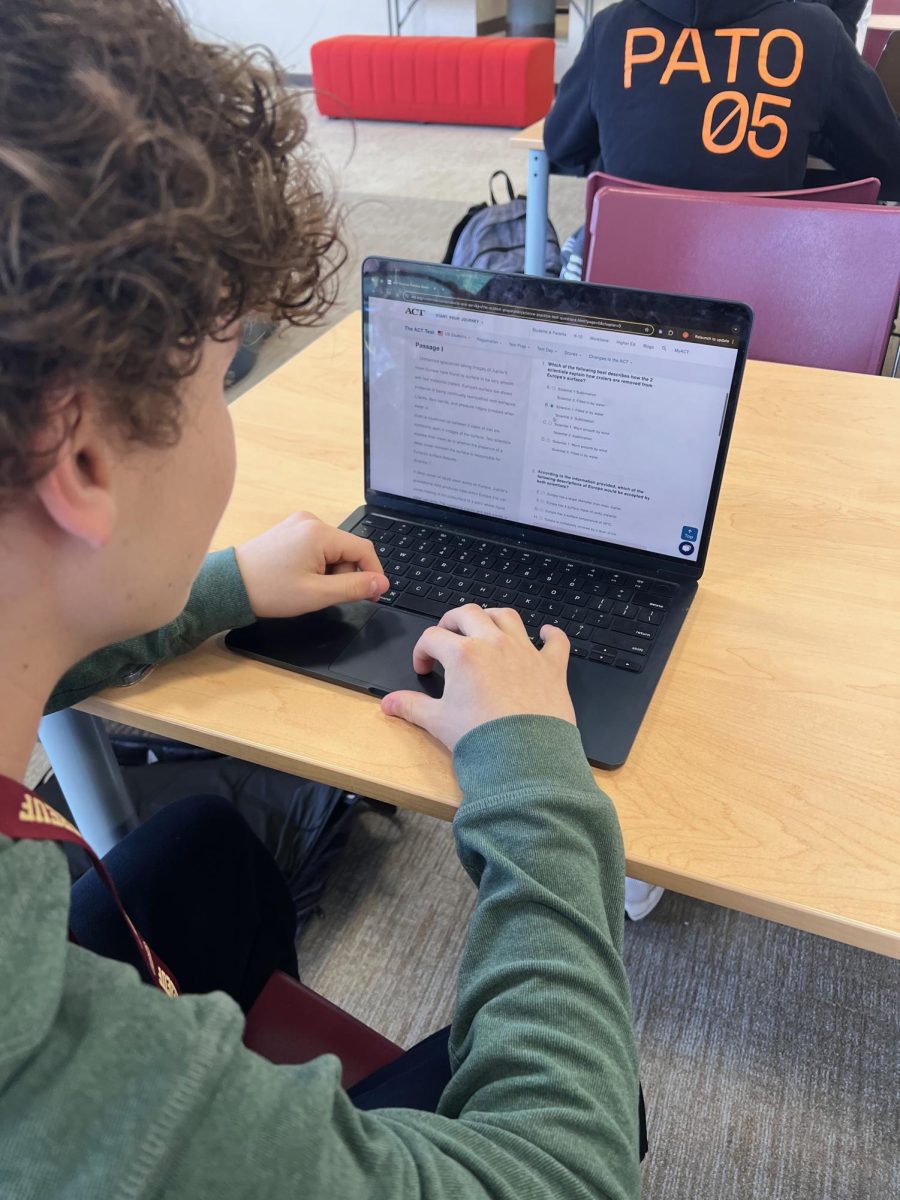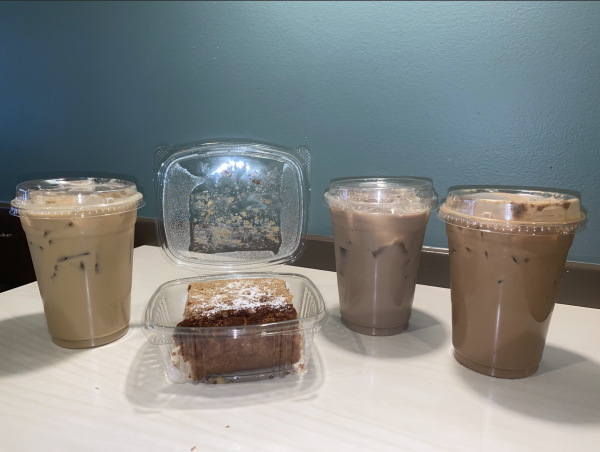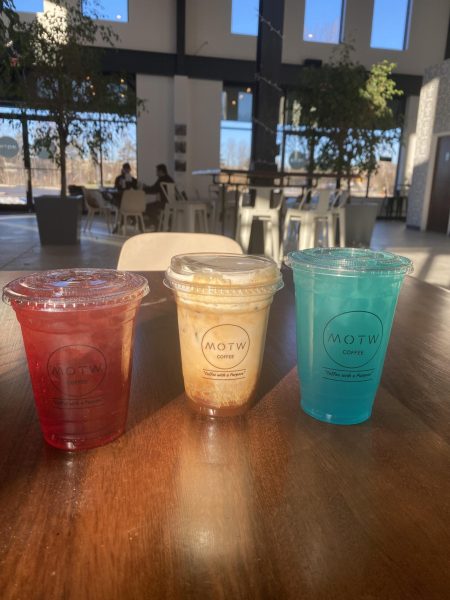Ramadan Traditions
Fasting, family, and faith during the religious month
A photo from an open house on Eid-al Fitr last year shows the big groups of friends that celebrate the holiday together.
March 22, 2023
As March 22 approaches, Muslim families in our community are preparing to observe Ramadan. For those in the Brebeuf community who observe Ramadan, it is cherished as a peaceful and special time of the year. For those who do not , here is some backstory surrounding the religious month.
Ramadan is the ninth month in the Islamic calendar, a time when Muslims fast from sunrise to sunset. The fasting is intended to remind Muslims of those less fortunate all around the world who don’t have food to eat, encouraging gratitude and discipline. Fasting is one of the five pillars of Islam, and requires willpower and patience.
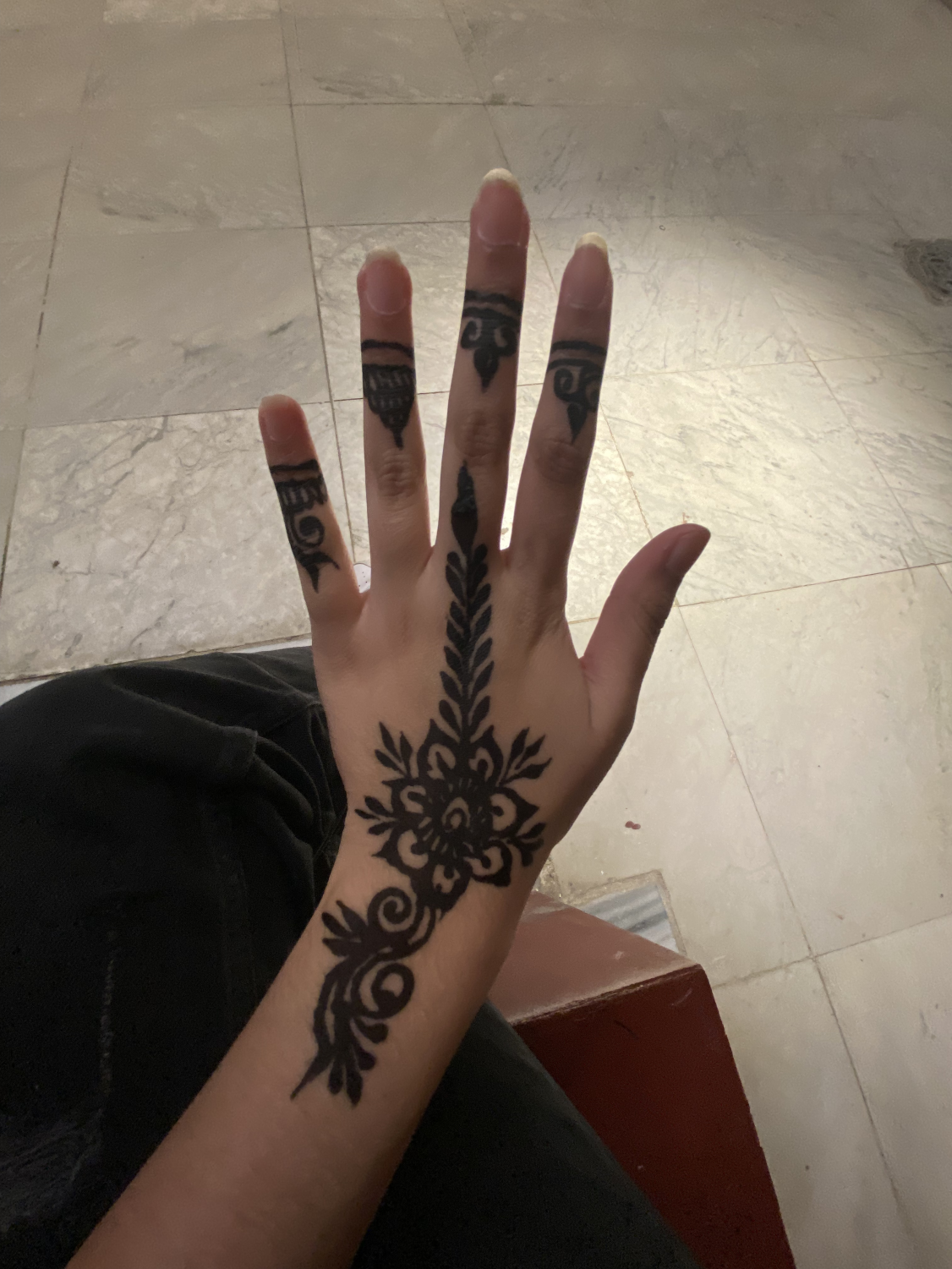
Families wake up very early in the morning to have suhoor, the only chance to eat before the sun comes up. After fasting the entire day, they gather together at sunset to break their fast and pray at iftaar.
Once thirty days have passed, Ramadan ends and the three day celebration of Eid al-Fitr begins. This is recognized as a time to spend with friends and family and exchange gifts. Eid al-Fitr is the smaller of the two annual Eids, Eid al-Adha usually coming two months later in the year.
Most Muslims set religious goals for the holy month of Ramadan, as it serves as a time to increase faith and observance of God. Additionally, many Muslim families share traditions and other routines which set Ramadan apart from the other Islamic months.
One of my favorite traditions is celebrating Chand Raat, or the final day of Ramadan and eve of Eid-al Fitr, with my friends. On Chand Raat, people gather to spot the new moon, signifying the end of Ramadan and the beginning of the next Islamic month of Shawwal. One of the main parts of Chand Raat, and my personal favorite, is applying mehndi, or henna, to each other’s hands.
Ramadan is mostly a positive and religiously enriching experience, but Muslims may struggle with it in different ways. When asking Muslim students at Brebeuf about their Ramadan experiences, Zayaan Aziz ‘25 said, “I always find it challenging to balance school and soccer while fasting. It’s hard to concentrate in class and play sports when you don’t have much energy throughout the day.”
Additionally, Carmel High School student Salima Sher ‘25 shared her experience with fasting: “Trying to not obsess over iftaar is a bit difficult, but I have to remind myself that I have things that have to be done. Fasting definitely gets easier as the month goes on.”
Nour Ghoneim, a sophomore at Park Tudor, discussed the problems of attending a mostly non-Muslim school during Ramadan. “The main challenge that I typically face during Ramadan is not having people around me that are fasting with me. Having a Muslim community at school makes it much easier to have support while you are fasting, but it is more difficult when you don’t have that.”
As for traditions they enjoy, iftaar was a popular choice. Sher said, “I really enjoy iftaar with my family. Sometimes we order food but other times my mom cooks. It’s just nice to be together.”
Aziz also had the same opinion, saying, “It’s always nice to finally break your fast after a long day with various kinds of foods. Another thing I enjoy about iftaar is the exchange with families and friends, which I think is a great bonding method.”
For all Muslims, Ramadan is, most importantly, a sacred time to improve one’s relationship with God and get close to one’s deen, or Islamic faith. As for how she plans to increase her deen as well as involvement in her Muslim community during Ramadan, Sher said, “People in my community often hold iftaar parties at their homes so that’s something I look forward to because I get to spend time with my Muslim friends.”
Additionally, she spoke about attending taraweeh sometimes, an extended nightly prayer in which Muslims read the Quran and make duas, or prayers. Aziz talked about the Ramadan tradition of taraweeh as well, describing it as a “communal prayer at the Mosque.”
Similarly, Ghoneim had positive things to say about taraweeh prayer: “I love going to the masjid to pray with all of my friends. It’s always such a fun experience.”
Aziz also talked about the importance of giving back to one’s community during Ramadan: “I try to volunteer as much as I can within the community and give charity.”
“Ramadan encourages me to be a better Muslim so I am more involved in the community,” Ghoneim shared. “I go to the Masjid more and volunteer. I also see my Muslim friends more often so it encourages me to be closer to them.”
With only a few more days to go until Ramadan has officially begun, these students and so many others around the world have the chance to be with their loved ones, fast with the support of their communities, and ultimately achieve the end goal of becoming better Muslims.

